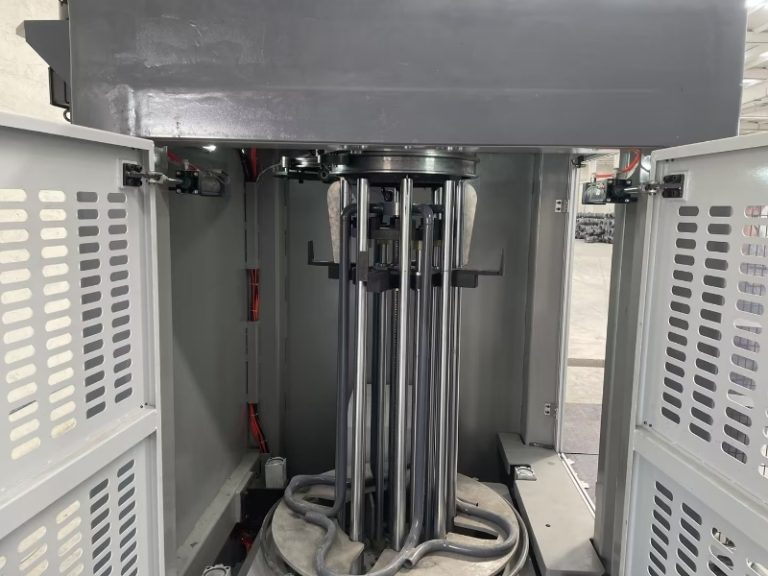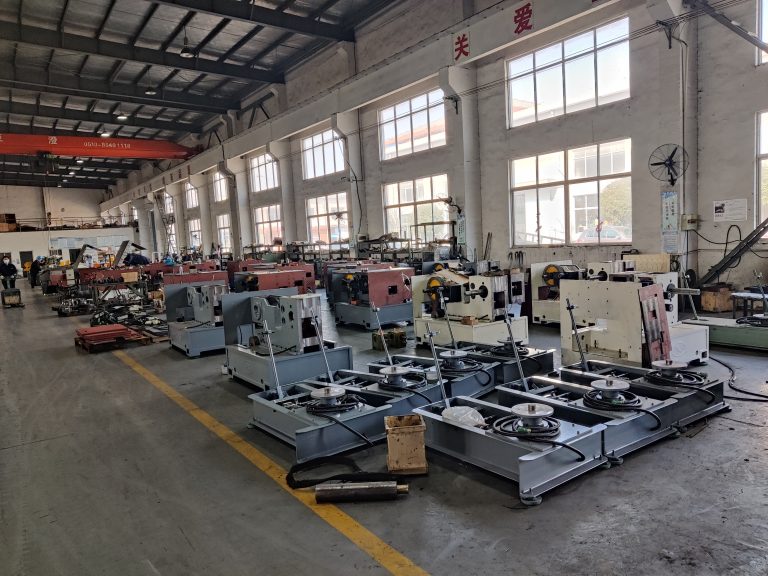Understanding of Using Thermal Spraying Wire for Industrial Coating Applications
Thermal spraying wire is a versatile and effective method for applying coatings to various industrial surfaces. This process involves melting a wire material and spraying it onto a substrate to create a protective or decorative coating. There are several benefits to using thermal spraying wire for industrial coating applications, making it a popular choice for many industries.
One of the main advantages of thermal spraying wire is its ability to provide a durable and long-lasting coating. The high temperatures involved in the spraying process allow the wire material to bond tightly to the substrate, creating a strong and resilient coating that can withstand harsh environmental conditions. This makes thermal spraying wire ideal for applications where durability and longevity are essential, such as in the aerospace, automotive, and oil and gas industries.
In addition to its durability, thermal spraying wire also offers excellent corrosion resistance. The protective coating created by the spraying process acts as a barrier between the substrate and the surrounding environment, preventing corrosion and extending the lifespan of the coated surface. This is particularly important in industries where equipment is exposed to corrosive substances or harsh weather conditions, as it helps to prevent costly damage and downtime.
Another benefit of using thermal spraying wire is its versatility. There are a wide variety of wire materials available for thermal spraying, including metals, ceramics, and polymers, allowing for customization based on the specific requirements of the application. This flexibility makes thermal spraying wire suitable for a wide range of industrial coating applications, from providing wear resistance on machine parts to creating decorative finishes on architectural structures.

Furthermore, thermal spraying wire is a cost-effective coating solution. The process is relatively quick and efficient, requiring minimal preparation and downtime compared to other coating methods. This can result in significant cost savings for industries looking to protect their equipment and infrastructure without breaking the bank. Additionally, the durability and longevity of thermal spraying wire coatings mean that they require less frequent maintenance and replacement, further reducing overall costs in the long run.
In conclusion, thermal spraying wire offers a range of benefits for industrial coating applications. From its durability and corrosion resistance to its versatility and cost-effectiveness, thermal spraying wire is a reliable and efficient method for protecting and enhancing industrial surfaces. Whether you are looking to extend the lifespan of your equipment, improve its performance, or simply enhance its appearance, thermal spraying wire is a proven solution that can meet your needs. Consider incorporating thermal spraying wire into your industrial coating processes to experience the many advantages it has to offer.
How to Choose the Right Thermal Spraying Wire for Your Specific Coating Needs
Thermal spraying is a popular method used in various industries to apply coatings to surfaces for protection, restoration, or enhancement. One of the key components in the thermal spraying process is the thermal spraying wire. Choosing the right thermal spraying wire is crucial to achieving the desired coating quality and performance. In this article, we will discuss how to choose the right thermal spraying wire for your specific coating needs.
When selecting a thermal spraying wire, it is important to consider the material composition of the wire. Different materials offer different properties and characteristics that can affect the performance of the coating. Common materials used in thermal spraying wires include metals such as aluminum, zinc, and copper, as well as alloys like stainless steel and nickel-based alloys. Each material has its own unique set of properties, such as hardness, corrosion resistance, and thermal conductivity, which can influence the final coating’s properties.
Another factor to consider when choosing a thermal spraying wire is the wire diameter. The wire diameter will determine the amount of material that is deposited onto the surface during the spraying process. Thicker wires will deposit more material, resulting in a thicker coating, while thinner wires will deposit less material, creating a thinner coating. The wire diameter should be selected based on the desired coating thickness and the specific requirements of the application.
In addition to material composition and wire diameter, the surface preparation of the substrate should also be taken into account when choosing a thermal spraying wire. Proper surface preparation is essential for ensuring good adhesion between the coating and the substrate. The surface should be clean, dry, and free of contaminants such as oil, grease, and rust. Some thermal spraying wires are designed to provide better adhesion to specific types of surfaces, so it is important to select a wire that is compatible with the substrate material.
Furthermore, the application method and equipment used for thermal spraying can also influence the choice of thermal spraying wire. Different thermal spraying techniques, such as flame spraying, arc spraying, and plasma spraying, require different types of wires to achieve optimal results. It is important to select a wire that is compatible with the specific thermal spraying equipment and process being used.
When choosing a thermal spraying wire, it is also important to consider the desired properties of the final coating. Whether you need a coating that is wear-resistant, corrosion-resistant, or has specific thermal or electrical properties, there is a thermal spraying wire available to meet your requirements. Some wires are specifically formulated to provide certain properties, so it is important to select a wire that aligns with the desired coating characteristics.
In conclusion, choosing the right thermal spraying wire is essential for achieving high-quality coatings that meet your specific requirements. By considering factors such as material composition, wire diameter, surface preparation, application method, and desired coating properties, you can select a thermal spraying wire that will deliver the performance and durability you need. With the right thermal spraying wire, you can ensure that your coatings are of the highest quality and provide long-lasting protection for your surfaces.






